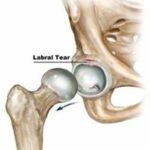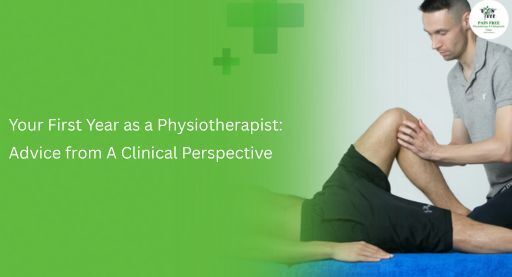A Guide to Neuro Physiotherapy for Recovery and Rehabilitation
What is Neuro Physiotherapy?
Neuro physiotherapy, AKA neurological physiotherapy, is a specialized branch of physical therapy that focuses on the treatment and management of individuals with neurological conditions or injuries. It aims to improve mobility, strength, balance, coordination & sensory function through the use of specific exercises and techniques tailored to the individual’s needs.
Neuro physiotherapy encompasses a wide range of conditions, including stroke, brain injury, spinal cord injury, Parkinson’s disease, and multiple sclerosis. The main goal is to optimize recovery and enhance the quality of life for those with neurological impairments.
Today, we will provide a comprehensive guide to neuro physiotherapy, discussing the different methods and approaches that are used, as well as the benefits it offers for recovery and rehabilitation.
How does Neuro Physiotherapy work?
Neuro physiotherapy aims to improve the functioning of the nervous system and promote movement recovery. The neuro physiotherapist first assesses the patient’s abilities and limitations, followed by setting specific goals and developing a treatment plan. Treatment involves various techniques such as balance and coordination training, mobility and gait training, muscle strengthening, and stretching exercises.
The neuro physiotherapist uses hands-on techniques to facilitate movement and exercises to enhance neuromuscular control. This specialized form of physiotherapy focuses on promoting independence, improving quality of life, and preventing future impairments.
Common Conditions Treated
There are several common conditions that can benefit from neuro physiotherapy.
Stroke: One such condition is stroke. When a person experiences a stroke, it often results in weakness or paralysis on one side of the body. It can help restore movement and function to these affected areas through exercises and techniques that promote muscle strength and coordination.
Sclerosis: Another condition that can benefit from neuro physiotherapy is multiple sclerosis (MS). MS is a chronic autoimmune disease that affects the central nervous system. Symptoms of MS can vary widely but often include difficulties with balance, coordination, and mobility. It can help individuals with MS manage their symptoms and improve their overall functional abilities.
Spinal cord injuries: These injuries are another common condition treated with neuro physiotherapy. These injuries can result in loss of movement and sensation below the level of injury. Neuro physiotherapy can help individuals with spinal cord injuries regain mobility and independence through specialized exercises and therapies.
Parkinson’s disease: Other conditions that can benefit from neuro physiotherapy include Parkinson’s disease, traumatic brain injuries, and peripheral nerve injuries.
Benefits
There are numerous benefits that patients can gain from the treatment.
- One of the primary benefits is improved mobility and motor function. It can help patients to regain strength, balance, and coordination that may have been lost due to their condition.
- Neuro Physiotherapy also promotes muscle memory, making it easier for patients to carry out daily tasks such as walking, getting dressed, and cooking.
- Another significant benefit of this therapeutic approach is pain relief. Pain can be a major barrier to recovery, and various techniques such as exercise and manual therapy can help patients manage their discomfort effectively.
- Neuro Physiotherapy can also improve cardiovascular health, respiratory function, and mental well-being. By engaging in regular exercise and rehabilitation, patients can boost their overall health and reduce the risk of further complications.
Techniques and Exercises
Neuro physiotherapy techniques and exercises involve a range of different exercises and movements designed to help patients recover from neurological conditions. The exercises may vary depending on the patient’s individual needs and goals.
- Some of the common techniques and exercises include balance and coordination exercises, gait training, strength training, stretching, and range of motion exercises.
- Other techniques may include manual therapy, hydrotherapy, and electrical stimulation.
The aim of these exercises and techniques is to promote the development of new neural pathways and to help patients re-learn movements and activities that may have been affected by their neurological condition.
A long-term process that requires commitment and consistency from patients. However, the benefits of this type of therapy can be life-changing. With the right approach, many patients can improve their mobility, strength, and coordination, allowing them to lead fuller, more active lives.











